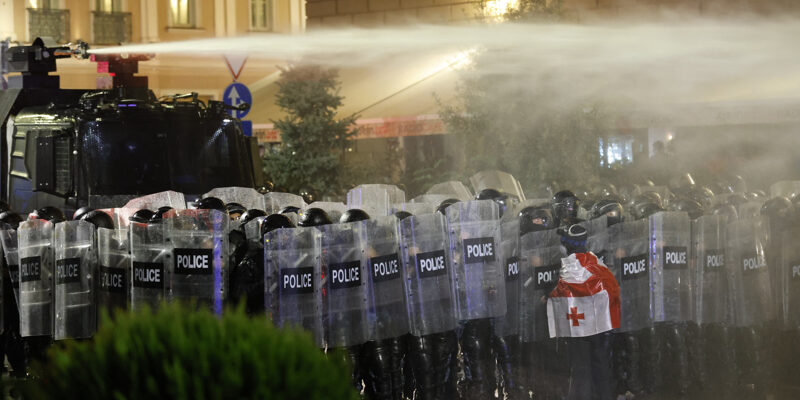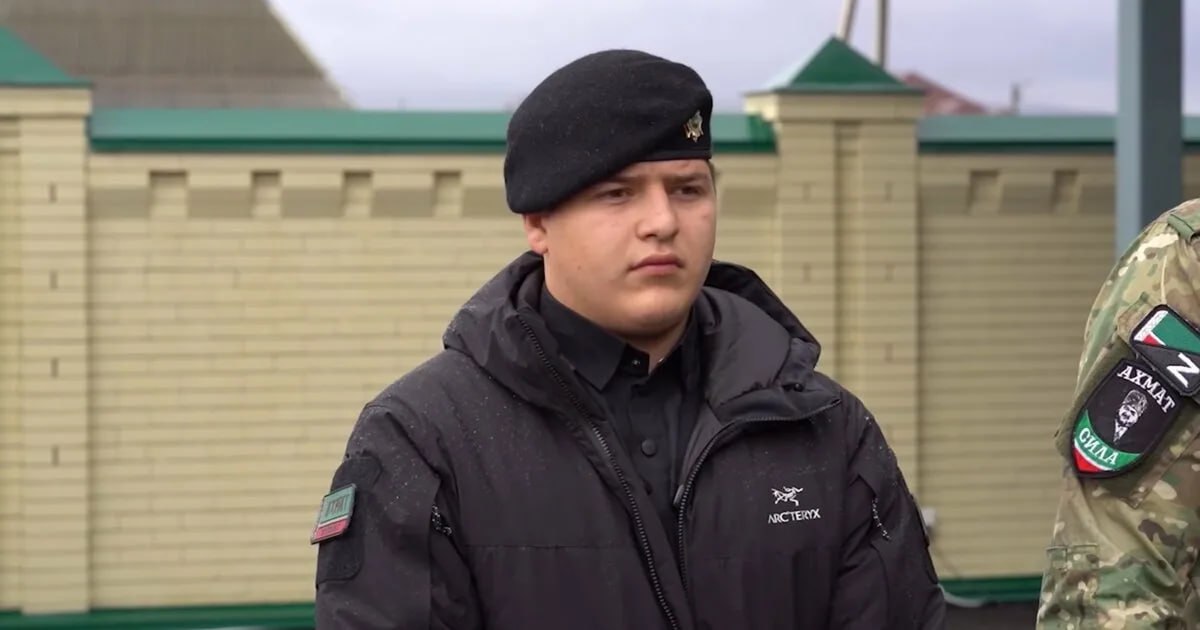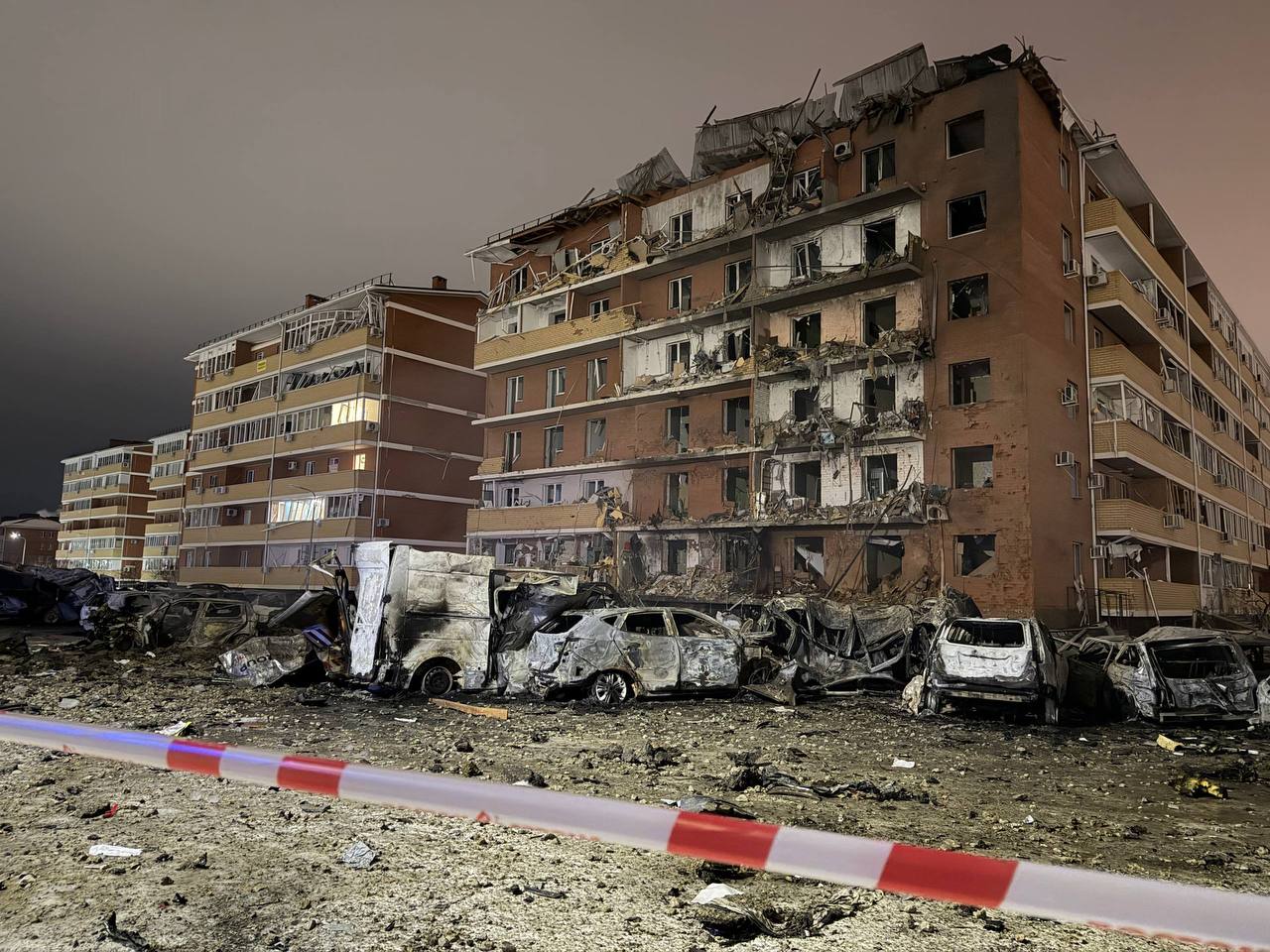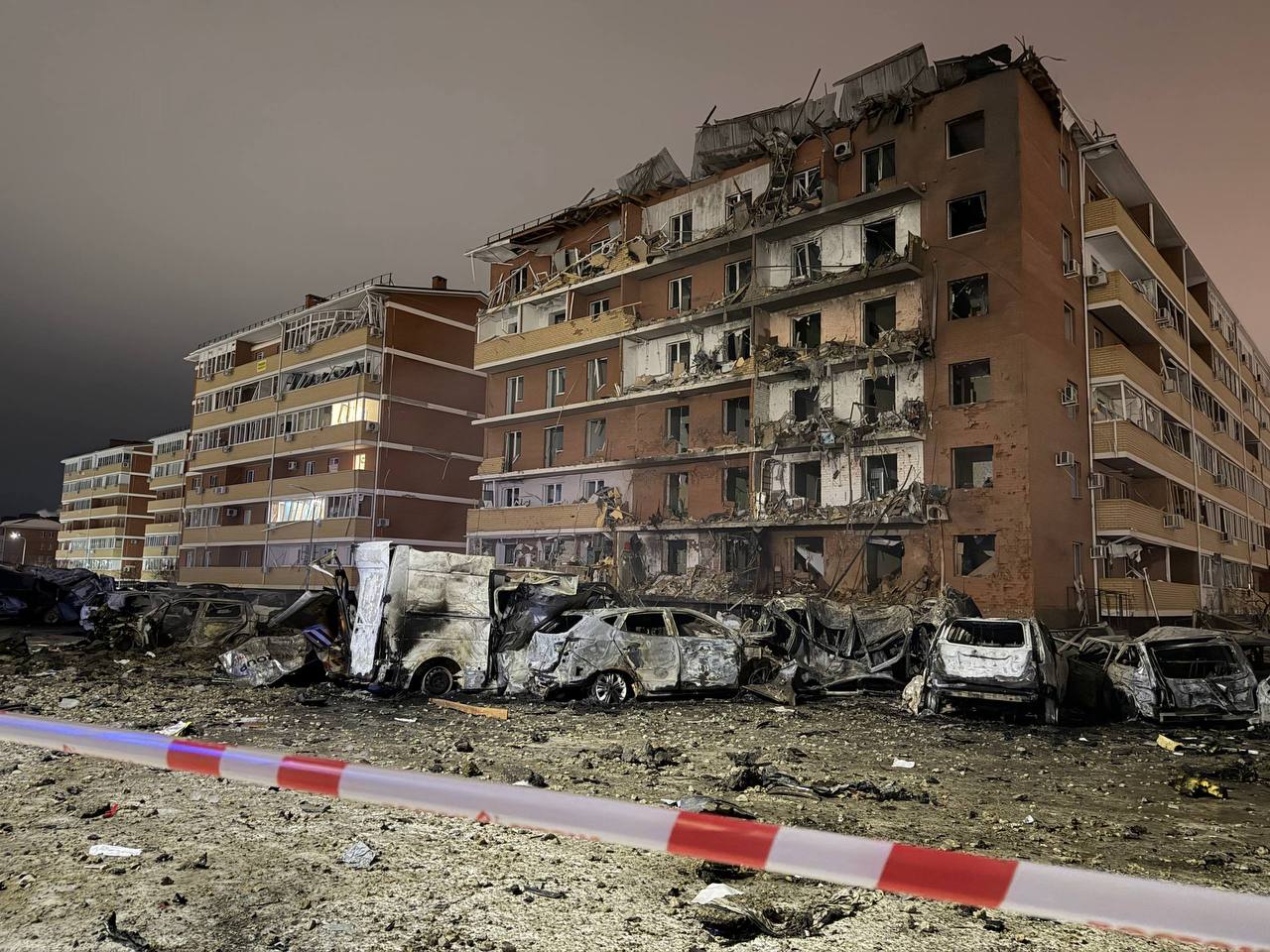The health of Adam Kadyrov, the son of Chechen leader Adam Kadyrov, who was injured in a traffic accident in Grozny, is improving, according to the Agency, citing sources close to the Russian presidential administration and the Chechen authorities.

Georgian President Mikheil Kavelashvili, whose legitimacy is disputed by the opposition and a significant portion of civil society, has signed a bill toughening penalties for violations related to assemblies and demonstrations. The document amends the Code of Administrative Offenses and the Criminal Code of Georgia.
On October 16, the country's parliament passed the bill in a third reading under an expedited procedure. According to the amendments, first-time offenses such as wearing a face covering, using or possessing tear gas and other toxic substances, blocking roads, and erecting temporary structures during a demonstration will be punishable by administrative arrest for up to 15 days. If the offender is the organizer of the event, the administrative arrest period is increased to 20 days.
Participation in a demonstration that is subject to termination at the request of the Ministry of Internal Affairs will be punishable by administrative arrest for up to 60 days. The same measure applies to individuals who, during an assembly, possess weapons, fireworks, or objects capable of causing harm to the life and health of others.
The amendments also address repeat violations. According to the amendments to the Criminal Code initiated by the ruling Georgian Dream party, repeat offenses will result in imprisonment for up to one year, while third and subsequent offenses will result in up to two years.
The document also includes a new article establishing criminal liability for insulting a law enforcement officer or failing to comply with their lawful orders if such actions are committed for the third time.
Furthermore, the law provides for the possibility of prosecuting minors for violating the rules for holding assemblies and demonstrations. They are subject to fines, correctional labor for up to one year, or imprisonment for the same period.
The authorities say the measures taken are aimed at maintaining public order, but critics call them a step toward restricting freedom of assembly and strengthening state control.



